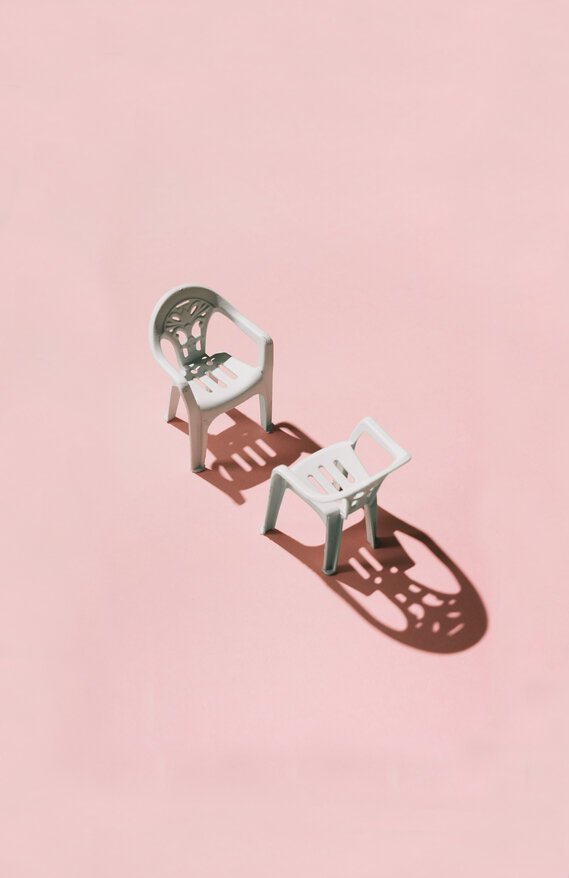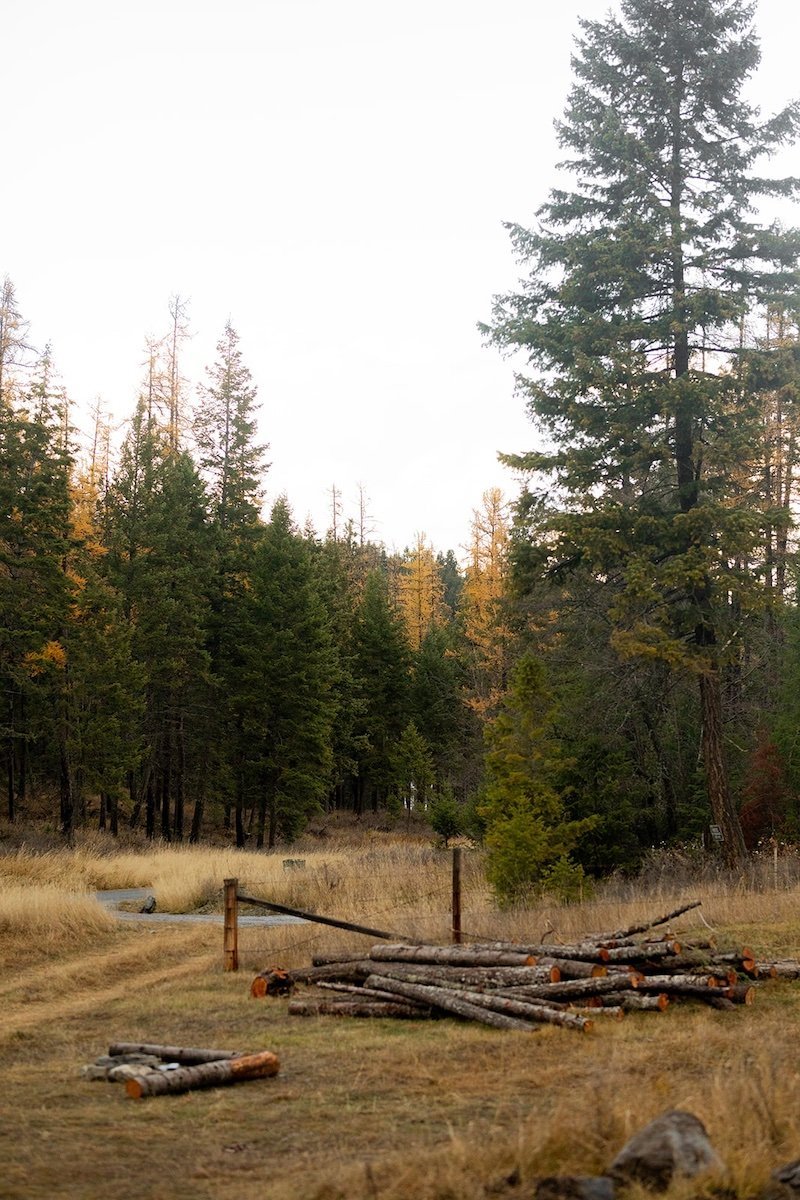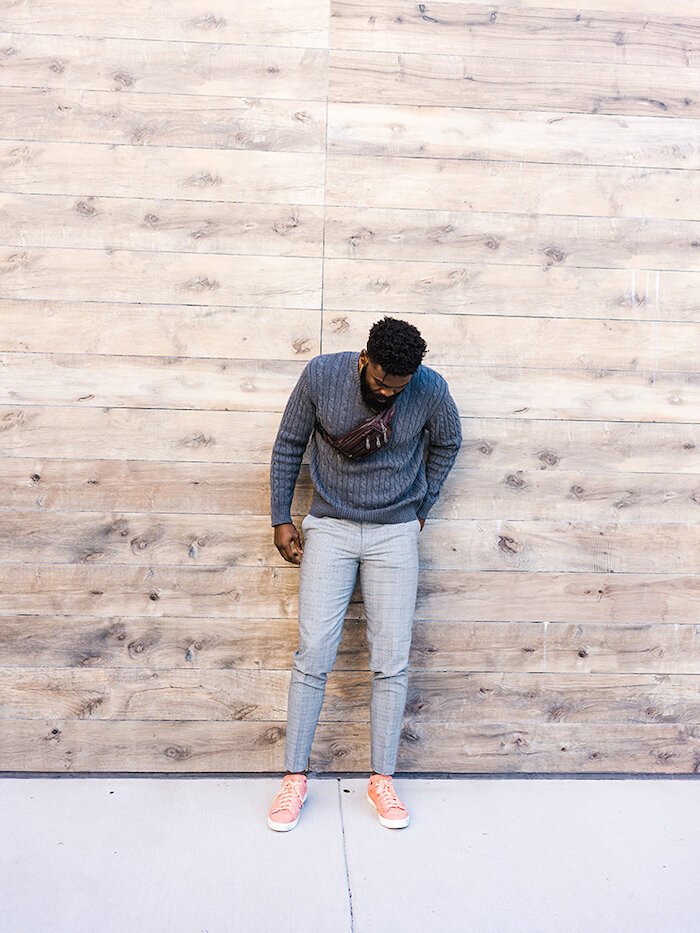
The Danger Of Oppression Olympics
Becoming Unlikely Allies
There has been a conversation happening among different marginalized groups recently. On social media, on TV, and even around dinner tables, people are having discussions about Black Lives Matter. Some of these conversations are about whether the cause is taking away attention from other communities experiencing oppression. In other words, many of us are playing Oppression Olympics.
The term was coined by Elizabeth Martínez in the early ‘90s, and it essentially describes the comparison between how White Supremacy and the patriarchy suppress communities differently. The fear is that, when the focus shifts to one group’s fight for liberation, others may be left behind.
“The fear [of Oppression Olympics] is that, when the focus shifts to one group’s fight for liberation, others may be left behind. Of course, this isn’t true.”
Of course, this isn’t true; different marginalized groups experience different types of oppression. And it’s important to understand how the various systems of oppression affect people groups uniquely. Anti-Black racism is a global issue that is unique to Black communities around the world. Being firm and clear in that message doesn’t mean questioning whether other communities are being oppressed and deserve liberation.
Why is Oppression Olympics harmful, and who benefits from it?
While Oppression Olympics is not a new game, it’s concerning that it’s becoming a central theme in conversations—especially when marginalized groups benefit from unity and when unity can help sway votes.
“By engaging in comparisons, we are implying that there is only room for one group to be free.”
It requires a lot of energy to play comparison games. If we—the oppressed—allow this notion of Oppression Olympics to take away from the fight for equality, we waste valuable energy. By engaging in comparisons, especially in ways that put others down, we are implying that there is only room for one group to be free or that somehow the liberation of one group is more important than the liberation of others.
Let me put it another way: Engaging in Oppression Olympics feeds White Supremacy. Systems of oppression and its participants win when we fight against one another. We do the job of oppression for them. But none of us are free until we’re all free.
How can communities stand together in solidarity? Become unlikely allies.
Imagine a community where mutual respect, the value of human life, and dignity rule. Imagine a sense of solidarity undergirded by a humble willingness to listen and learn from one another. Perhaps this is the way we can usher in the new tomorrow we all so desperately want to see. Not a world in which we pretend we’re all the same, but a world in which we celebrate and honor our differences.
The King Center, a Community Organization and Nonprofit in Atlanta, Georgia, writes about Dr. Martin Luther King Jr.’s dream for Beloved Community:
“Dr. King’s Beloved Community is a global vision, in which all people can share in the wealth of the earth. In the Beloved Community, poverty, hunger and homelessness will not be tolerated because international standards of human decency will not allow it. Racism and all forms of discrimination, bigotry and prejudice will be replaced by an all-inclusive spirit of sisterhood and brotherhood.”
“We become [a] beloved community through mutual allyship and by helping one another propel our causes forward.”
We become this Beloved Community through mutual allyship and by helping one another propel our causes forward. In an age where everything seems polarized and finding nuance and common ground is increasingly difficult, we change the trajectory.
We recognize that many groups are oppressed and that we all need allies. Maybe we can find unlikely and mutual allies in each other. If I learn about your experience, listen to you when you tell me how I can support your cause, and engage accordingly, and you do the same for me, we can move powerfully as one.
In her brilliant TED Talk, ’Want a more just world? Be an unlikely ally,’ Nita Mosby Tyler suggests we “add our voice to situations we don’t think involve us.” Rather than comparing ourselves in our oppression, we become unlikely allies.
I have a quiet hope that if we keep the Beloved Community’s end goal at the forefront of all our activism and liberation work, we can and will move forward. If we learn to become mutual, unlikely allies to other marginalized communities, it will inform the way we treat each other and the way we continue the fight for equality.
“If we learn to become unlikely allies to other marginalized communities, it will inform the way we continue the fight for equality.”
May we focus our energy on creating a new tomorrow—together.
Jess Mally is a London-based writer, speaker, creative, and producer. She is also the co-founder of BELOVD agency and the host of The Third Way podcast. Follow her work on Instagram and sign up for her next anti-racism course here.




